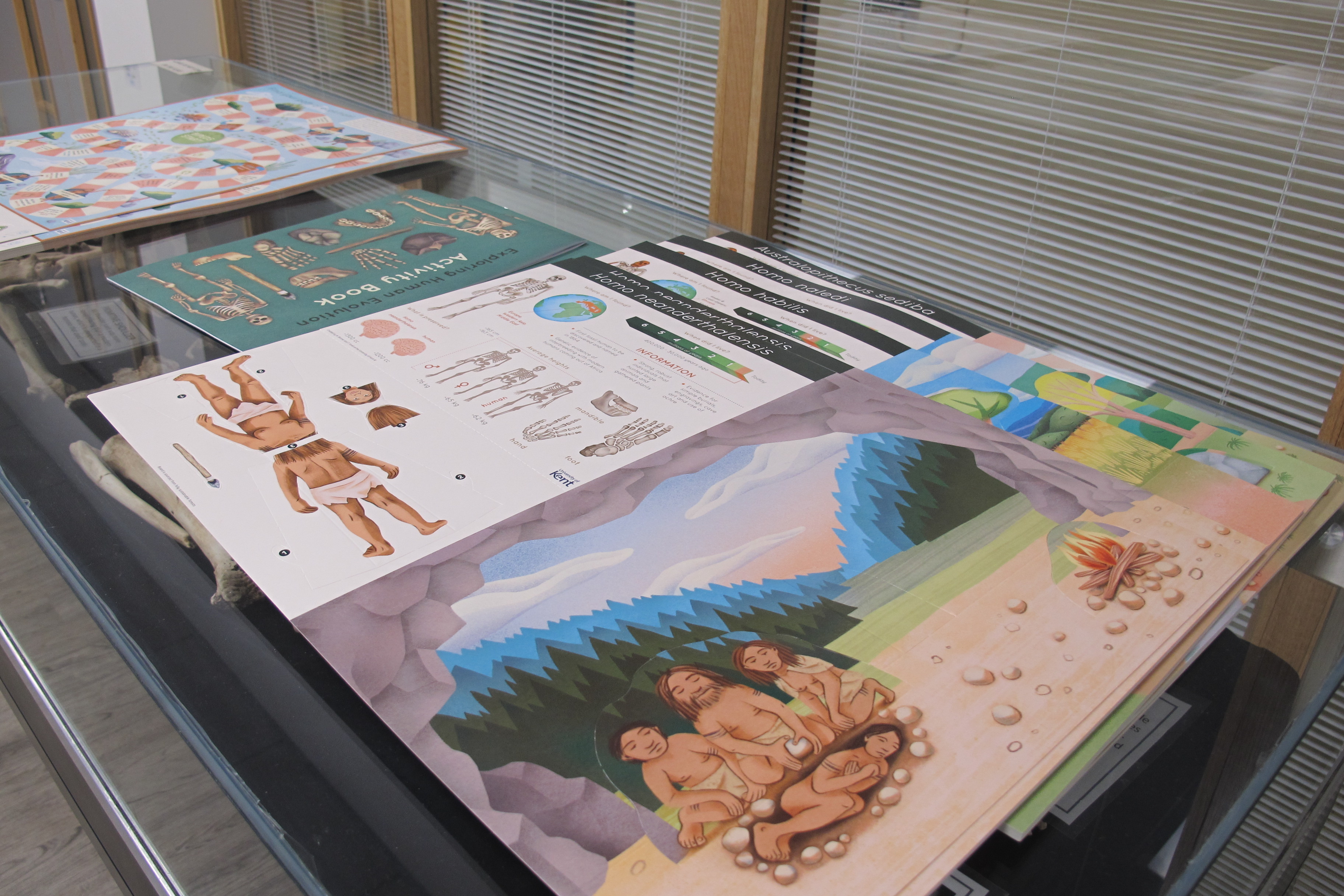We are sparking interest and raising awareness of how humans interact with the world around them through this vital work with schools.
The School of Anthropology and Conservation is a multinational research community striving for real-world impact. Our creative lecturers, internationally recognised research, state-of-the-art laboratory facilities, and welcoming student spaces create an inspiring learning environment.
We recognise the importance of sharing this learning with the next generation of potential university students by offering an inspiring range of school outreach activities: whole day or individual 1-2 hour workshops targeting students as young as 6 up to 17 years old, overseen by staff but delivered by our current graduates.
We live in a time of change where providing a space for exploration, and learning, about the world really matters.
Our students, who are closer in age to our outreach participants, help show how humans interact with, and influence, the world around them. They’re teaching the next generation to make informed decisions about how they choose to live in the world – whether that’s looking at how we can repurpose materials, protect ecosystems or exploring how our local wildlife can help to solve the toughest crimes. Our world matters and our students are helping a younger generation to have an active voice in how they may chose to shape their world.
‘These workshops will help pupils better understand themselves as humans, and the ongoing challenges of the human made environment around us; from how we deal with the other eight billion humans around us, to the growing climate emergency.’ Dr Chris Dunmore explained
We’re really excited to share our practical expertise with pupils, be it in our state-of-the art genetics and imaging labs or out in the natural world.
‘They are also the perfect way for our graduate students share their enthusiasm for their fields of study. The workshops themselves cover areas in biology, chemistry, psychology, anthropology, geography and history, among others.’
What do our students get out of it?
‘We know that unconscious bias can be entrenched as early as the age of 5, so having our students deliver an outreach programme that challenges how young people see and interact with the world means they are literally changing perceptions’ Gail Fawcett, HSS Outreach Officer told us. ‘Not only can our students see directly how important their work is in raising awareness and knowledge, but this will also demonstrate to future employers how communicating, often complex environmental issues to a wide range of audiences in an accessible way, is part of their skillset’
WORKSHOP 1: All About Adaptations!
How do plants, animals, and people adapt to their external environment? This workshop explores the social, biological, and technological ways humans and other species adapt to changing environments and gives students the opportunity to create their own technology using repurposed materials! This workshop covers how different organisms respond to changes in their internal and external environments.
WORKSHOP 2: Conservation Heroes
What does it take to be a Conservation Hero? This fun and informative workshop briefs students on what it means for a species to go extinct and how they can help protect species they care about. This workshop covers populations in ecosystems, biodiversity within communities, as well as species taxonomy.
WORKSHOP 3: Bones, Bugs & Biodiversity!
This hands-on workshop gives students a look at the world of forensics and a chance to find out how our local wildlife can help to solve the toughest crimes. This workshop covers how various biological molecules and microscopic organisms, such as prokaryotic bacteria and insects, are linked to the wider ecology of an ecosystem, as well as how they can be used in a forensic context.
If you’re interested in any of the workshops listed below, please get in touch here.




